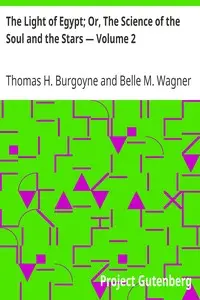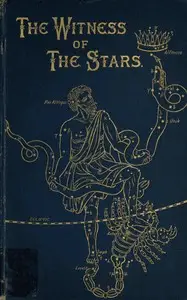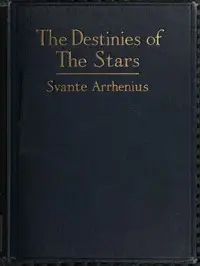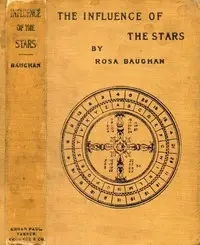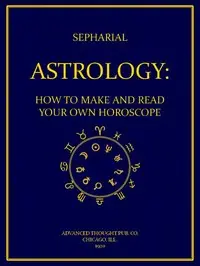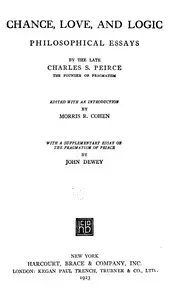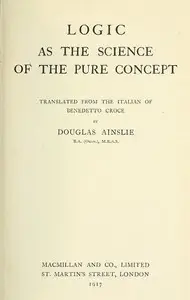"Ptolemy's Tetrabiblos: or Quadripartite, being four books of the influence of the stars" by J. M. Ashmand translates an ancient exploration of astrology and lays out the principles of how stars impact human lives and the world around them. The scientific publication examines the role of celestial bodies in shaping events and personal characteristics, making the argument that understanding the skies unlocks the power to predict the future and guide one's life. The writer introduces the idea of using the Sun, Moon, and planets to foresee what will happen next, pushing the idea that such prescience can be both possible and useful.
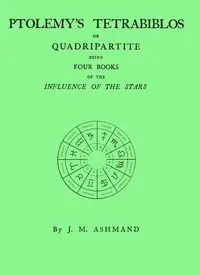
Ptolemy's Tetrabiblos : $b or Quadripartite, being four books of the influence of the stars ... with a preface, explanatory notes, and an appendix containing extracts from the Almagest of Ptolemy and the whole of his Centiloquy, together with a short notice of Mr. Ranger's zodiacal planisphere and an explanatory plate
By Ptolemy
Unlock the secrets of the cosmos to predict your destiny and navigate the currents of fate, as ancient astrological wisdom reveals the profound impact of the stars.
Summary
About the AuthorClaudius Ptolemy was an Alexandrian mathematician, astronomer, astrologer, geographer, and music theorist who wrote about a dozen scientific treatises, three of which were important to later Byzantine, Islamic, and Western European science. The first was his astronomical treatise now known as the Almagest, originally entitled Mathematical Treatise. The second is the Geography, which is a thorough discussion on maps and the geographic knowledge of the Greco-Roman world. The third is the astrological treatise in which he attempted to adapt horoscopic astrology to the Aristotelian natural philosophy of his day. This is sometimes known as the Apotelesmatika but more commonly known as the Tetrábiblos, from the Koine Greek meaning "Four Books", or by its Latin equivalent Quadripartite.
Claudius Ptolemy was an Alexandrian mathematician, astronomer, astrologer, geographer, and music theorist who wrote about a dozen scientific treatises, three of which were important to later Byzantine, Islamic, and Western European science. The first was his astronomical treatise now known as the Almagest, originally entitled Mathematical Treatise. The second is the Geography, which is a thorough discussion on maps and the geographic knowledge of the Greco-Roman world. The third is the astrological treatise in which he attempted to adapt horoscopic astrology to the Aristotelian natural philosophy of his day. This is sometimes known as the Apotelesmatika but more commonly known as the Tetrábiblos, from the Koine Greek meaning "Four Books", or by its Latin equivalent Quadripartite.


